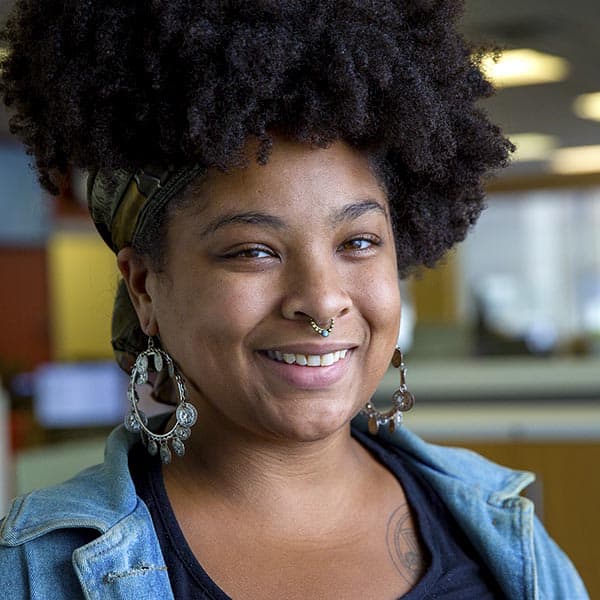Advertisement
Matt McArthur on leaving The Record Co. and what's next
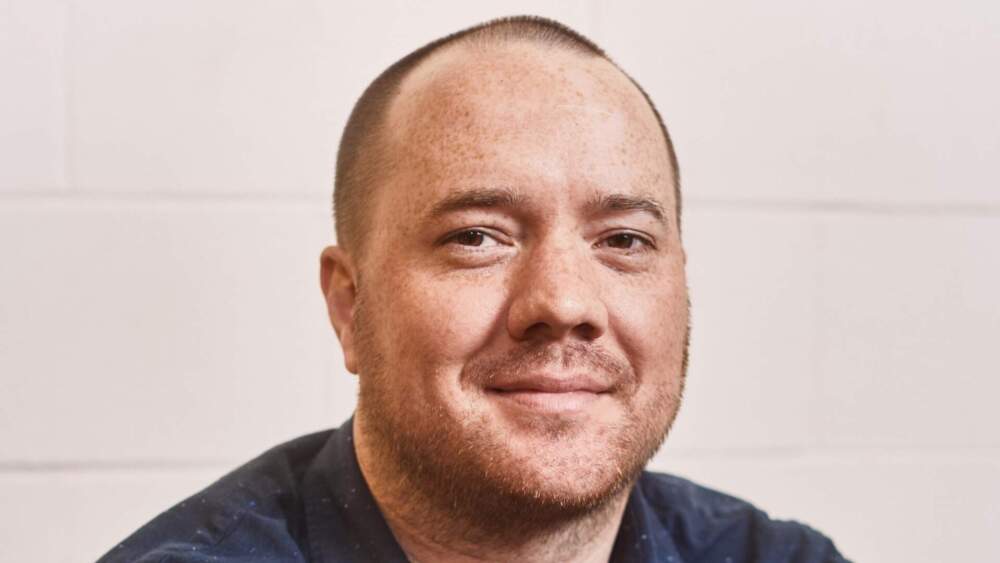
Thirteen years ago, Matt McArthur and some classmates from Berklee College of Music pushed a refrigerator off of the roof of 960 Massachusetts Avenue.
It's probably not a legal or advisable thing to do. But it's a memory McArthur recalls fondly when he thinks about the early days of The Record Co. and the years he spent helming the organization since founding it in 2010. He stepped down from his role as executive director of The Record Co at the beginning of March.
Under McArthur's leadership, The Record Co. renovated and expanded its 960 Massachusetts Avenue location. Last year, it also secured 55 Morrissey Boulevard to use as a monthly rehearsal facility for artists displaced by the closing of the Sound Museum. "TRC has grown from serving 3,500 music makers each year to today serving nearly 4,000 music makers every month," the organization wrote in an email announcing McArthur's departure.
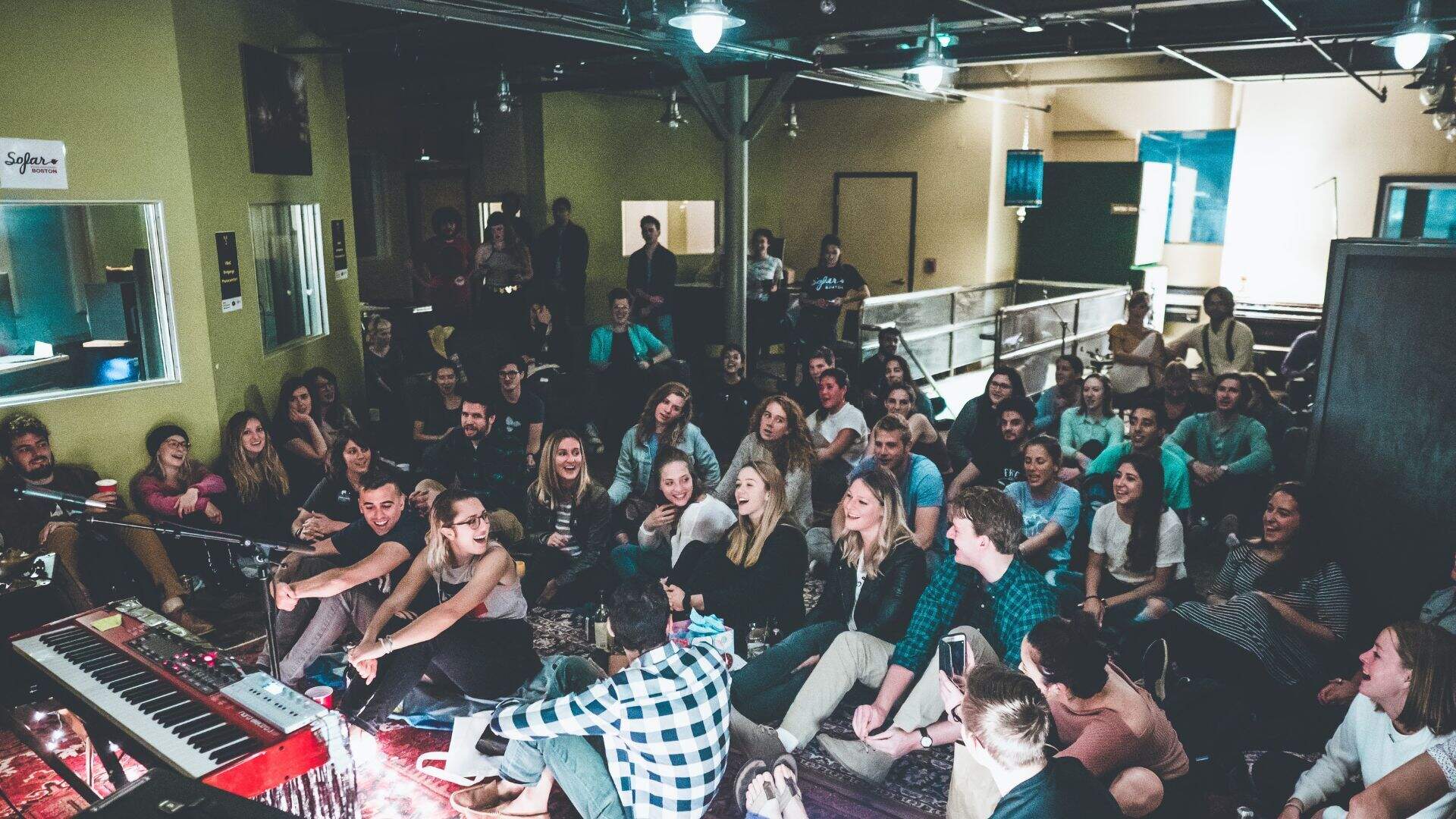
It's a long way from the dusty room McArthur found on Craigslist for $700 a month. That refrigerator, filled with old food, was there when McArthur secured the space — it was chucked from the roof into a dumpster when they began renovating the room into what would become the first iteration of The Record Co. "It was very scrappy," says McArthur. "Really hand built, we also begged a couple of contractors to help us out."
His departure is an opportunity for The Record Co. to grow and expand, McArthur says. "I never believed in the 30-year-founder — the organization has to have an identity of its own. And this is a moment for TRC. And I'm sure that it will not come without its fair share of challenges. But the organization knows itself. It's time."
McArthur spoke with WBUR about his departure, Boston music and what the future holds.
This interview has been edited for length and clarity.
Arielle Gray: What has the response been like so far, since sharing the news that you'll be leaving the Record Co. after helming the company for 13 years?
Matt McArthur: I'm feeling very grateful. I think that the purpose of creating The Record Co. was to make space for people to be creative. And we did that. People drop in stories about how it affected them or what their first session at Record Co. was like. It's a people business.
To see people expressing their care and concern for it and their excitement about its future and all of that, that's the point. I'm glad to see that people are excited to share the way it's impacted them. And that's why I did it. That's why we all did it.
Take me back to the beginning of The Record Co. What need were you trying to fill by creating a non-profit offering studio space?
I was staring up at the ceiling one night thinking that I have all these peers who have this sense that we need a space that's not gate kept by some larger institution or that's very expensive to access. We need some kind of space to create, to get together and make recordings and keep practicing. And the more I thought about it, the more I realized that ownership really wasn't important. What people wanted was access.
We need to create a space where people can get together and make music where it's not the responsibility of the maker to have to run the place. And so from there it was a pretty short hop and a skip to "Let's build a recording studio that doesn't belong to anybody because it belongs to everybody." It's a public resource.
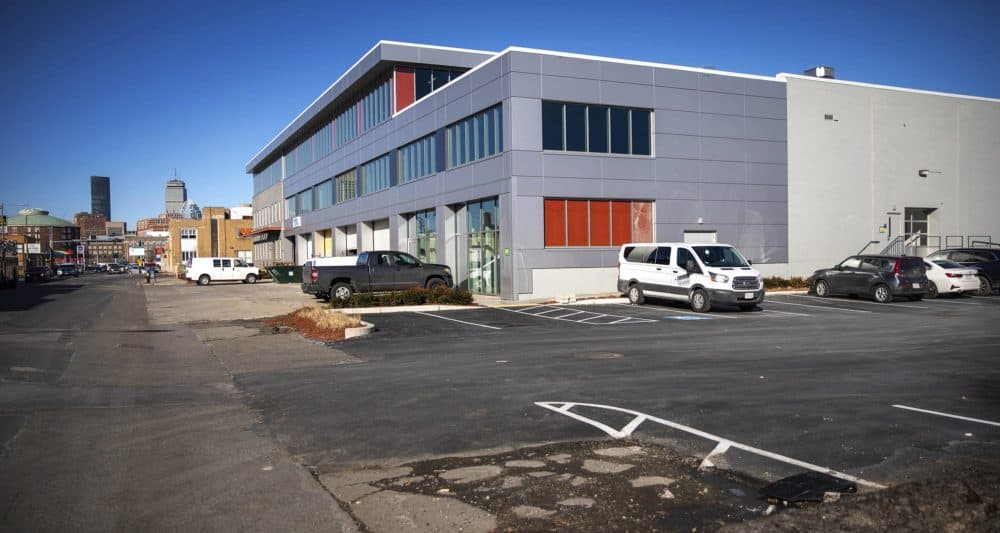
Over the years, you've worked with so many different musicians. What are some of your favorite things about the local music scene? What are some things that need to be improved, from your point of view?
The thing that's really compelling about Boston music is that it is actually hard to describe and that's what makes it interesting. I know we all complain a lot about how we wish that Boston had a stronger national brand. But if we put the economic/career aspect of it aside for a second, which is important, just as somebody who enjoys making and consuming music, this is an interesting place to be.
Boston music has done a lot with a little. It's succeeded in spite of a very underwhelming amount of infrastructure. Any major city, land and space is expensive but I think it's particularly hard to find here. The scarcity mentality, this idea that there's not enough space, there's not enough resources to go around, it's a very vicious cycle. If we could instead imagine a scenario in which we were more generous with one another... we could grow the pie.
I've had the great privilege to meet so many music makers who are doing what they can to be a part of a solution.
What were some of the stages The Record Co. went through as an organization to get to where it is today?
There's three distinct periods. The first is, "What the heck are we doing?" The second is "Here's what we should be doing" and then this latest period is of us really intentionally pursuing that one thing. Those early years, I would characterize as just throwing all kinds of spaghetti at the wall. I mean, we tried to do everything, we did workshops, we worked with youth ... we did field trips ....
A really important part of the development of The Record Co. is getting out of that lane and saying, "What we can do is we can provide space and technology for people who are developing young people, for people who are trying to teach, we can get the space and technology out of their way."
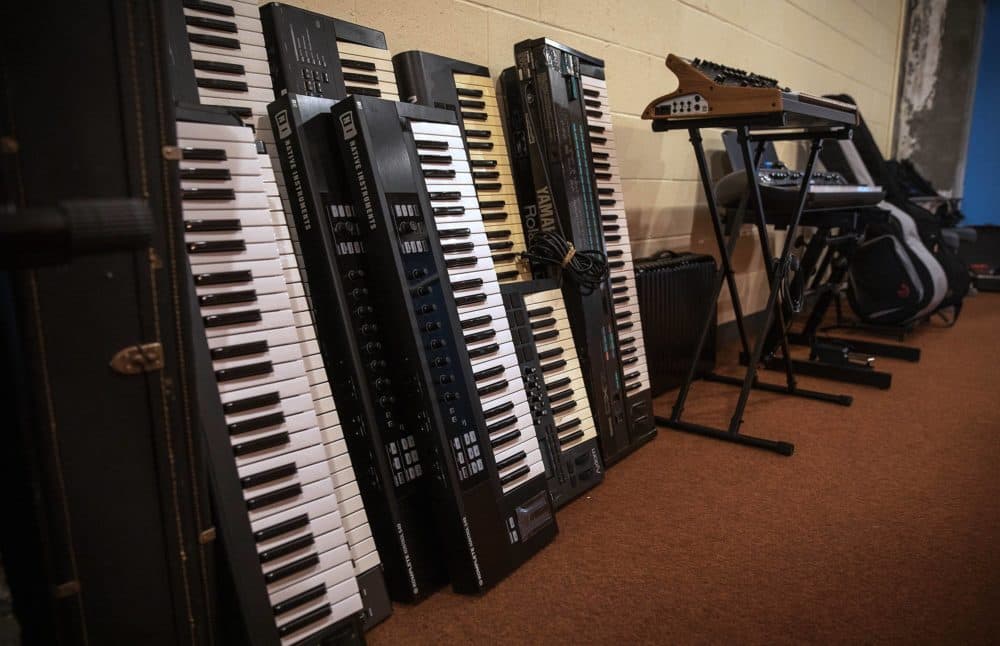
What's the thing you're most proud of that the Record Co. has been able to accomplish?
Music makers in Boston are used to things getting taken away from them... their favorite club, their favorite studio space... With The Record Co., there is a staying power that we've been able to demonstrate. The organization's concept of itself is to be here for 100 years plus.
How are you feeling about the future of The Record Co.?
I am optimistic. I think that, among other things, The Record Co. is proof of what's possible. And there's no way that there could ever be too much of it. Record Co. will get a phone call a week at least from people and organizations outside of Boston going, "How do I do this in my town?" So I hope that when people interact with The Record Co. or hear the story, that they also think to themselves "I could do that." It's possible in a place where these types of things can feel super duper impossible.
What's next for you now?
I haven't taken a break in like 17 years, so I'm going to take a minute. I'd really like to see my family, I'd like to spend a little more time in the woods. I am a free agent now, so I'm going to be consulting and supporting probably more than one project or organization at a time. But right out of the gate, I'm going to be joining the Arts and Business Council of Greater Boston in the pursuit of acquisition of artist buildings across the state.
So, the Arts and Business Council has a pipeline of artist buildings and they are working to preserve and stabilize so that those buildings can exist permanently and not be gobbled up by developers. And that's something I'm super passionate about.
Who are some local music artists you really enjoy?
That's a loaded question. There have been so many people through the doors these last couple of years that are really excellent. There's both people we know and there's people we don't know. I've been listening to quite a bit of Alisa Amador. It's hard not to mention Mint Green.
